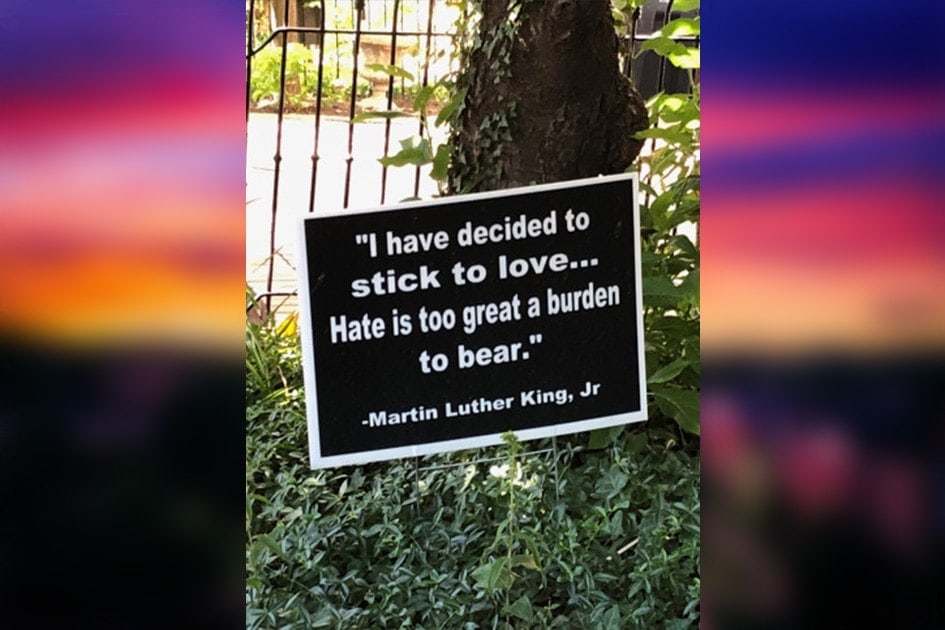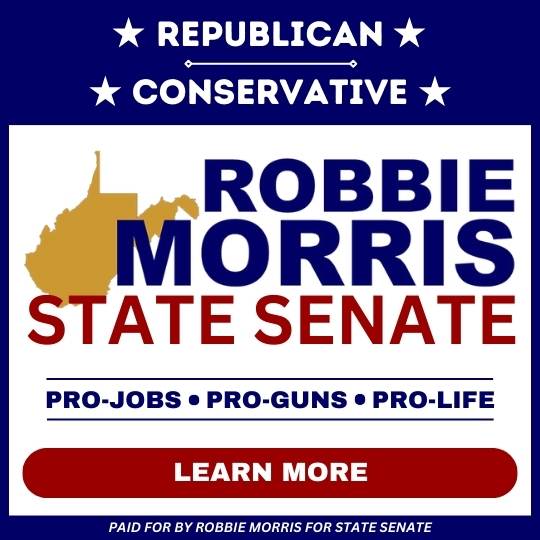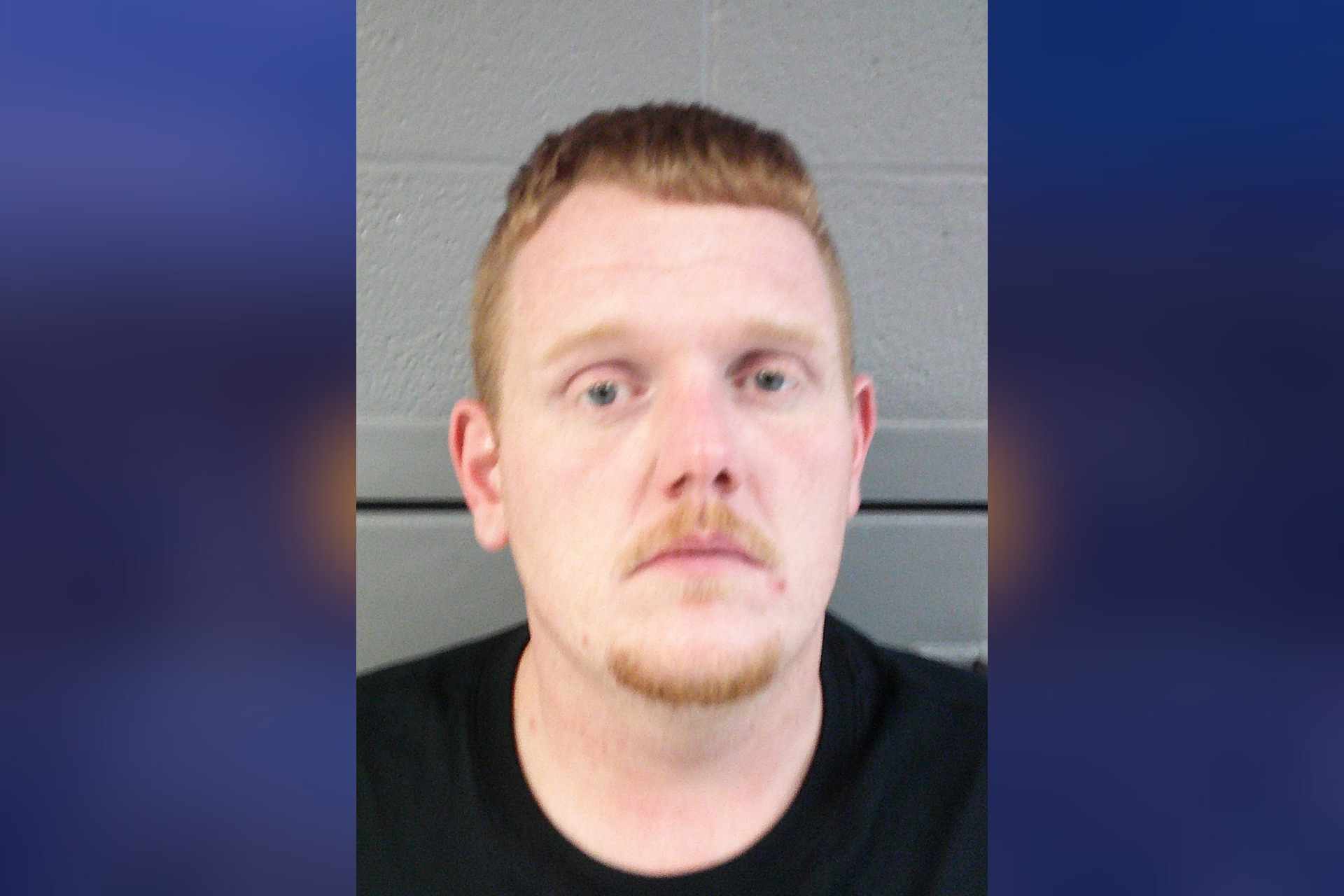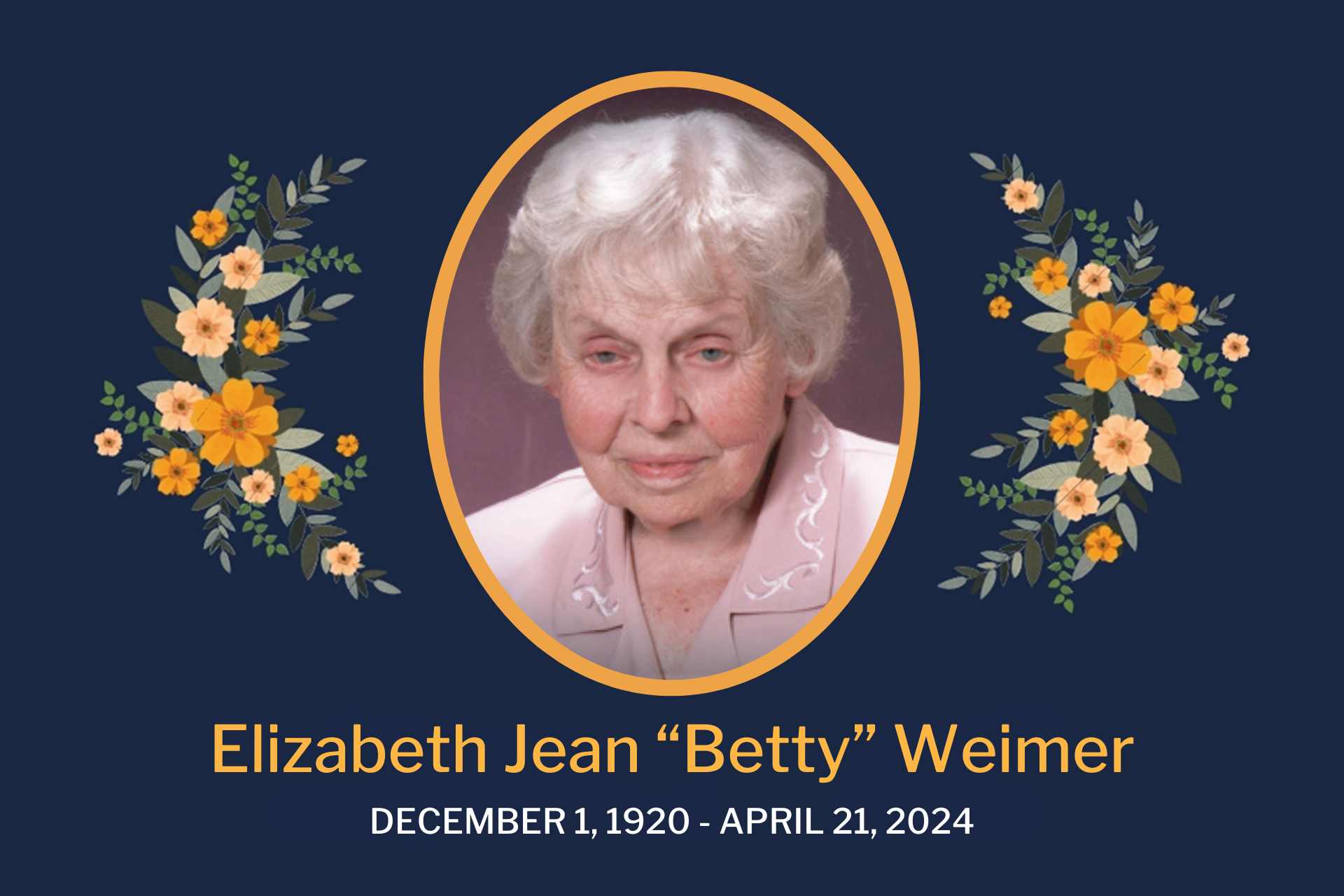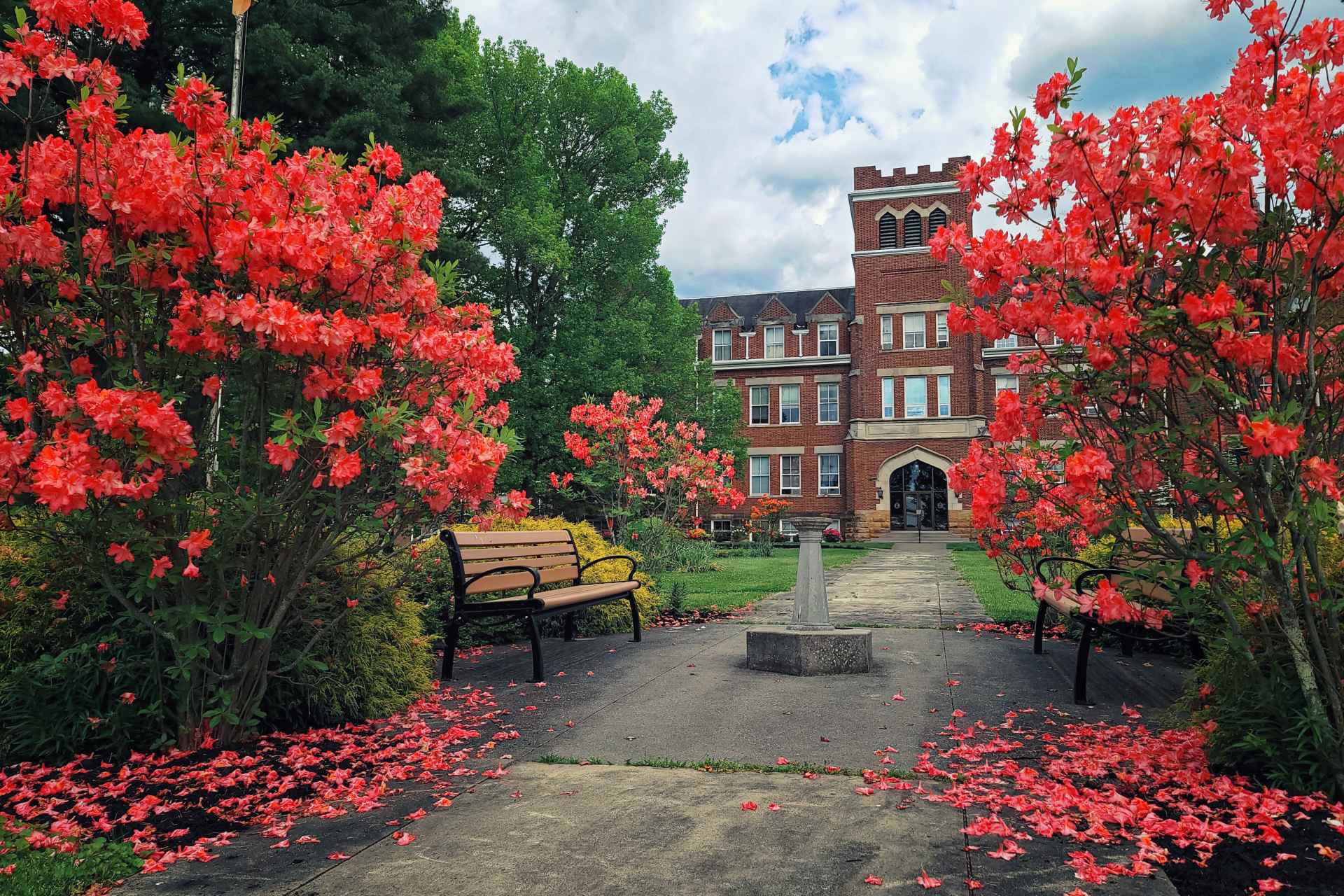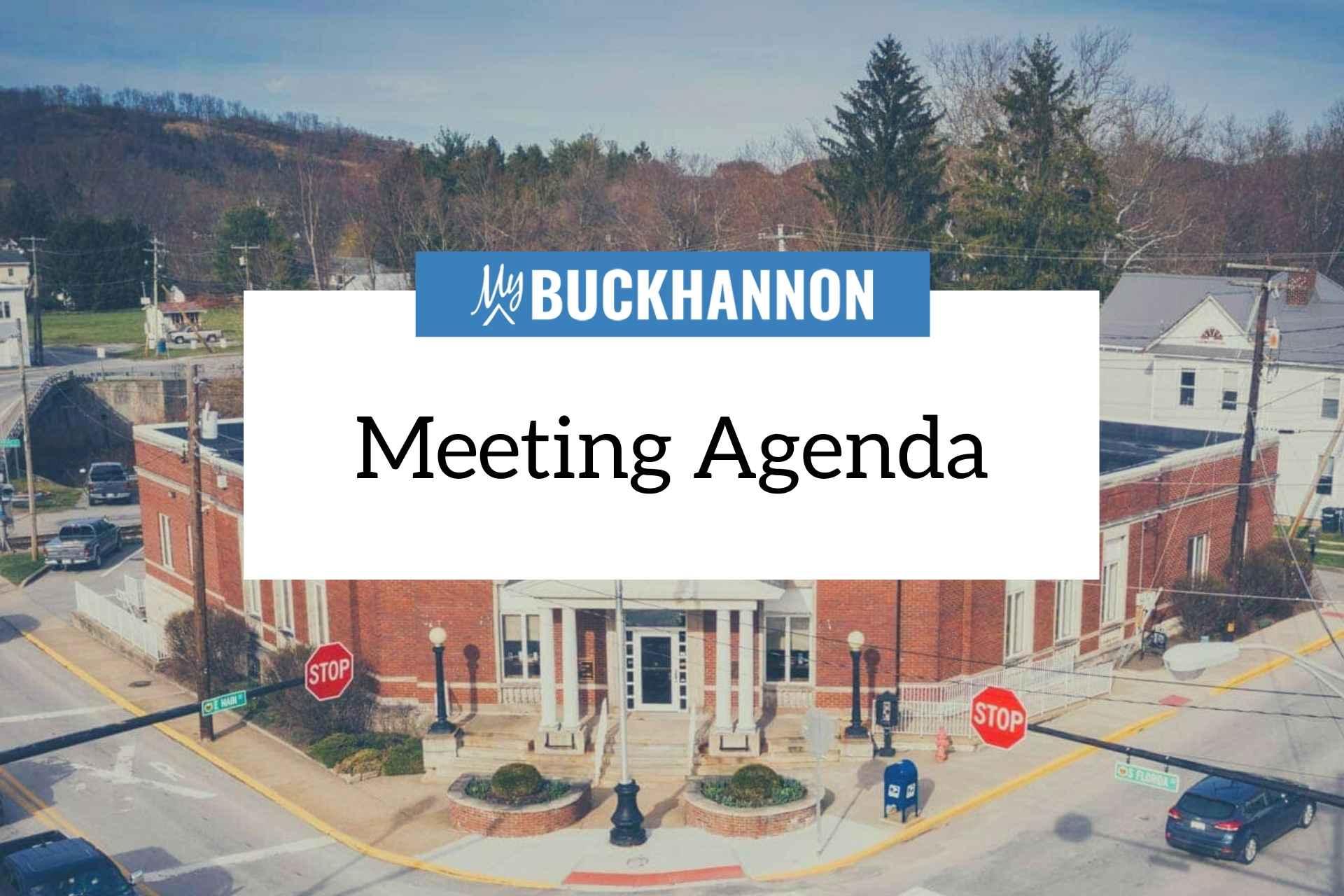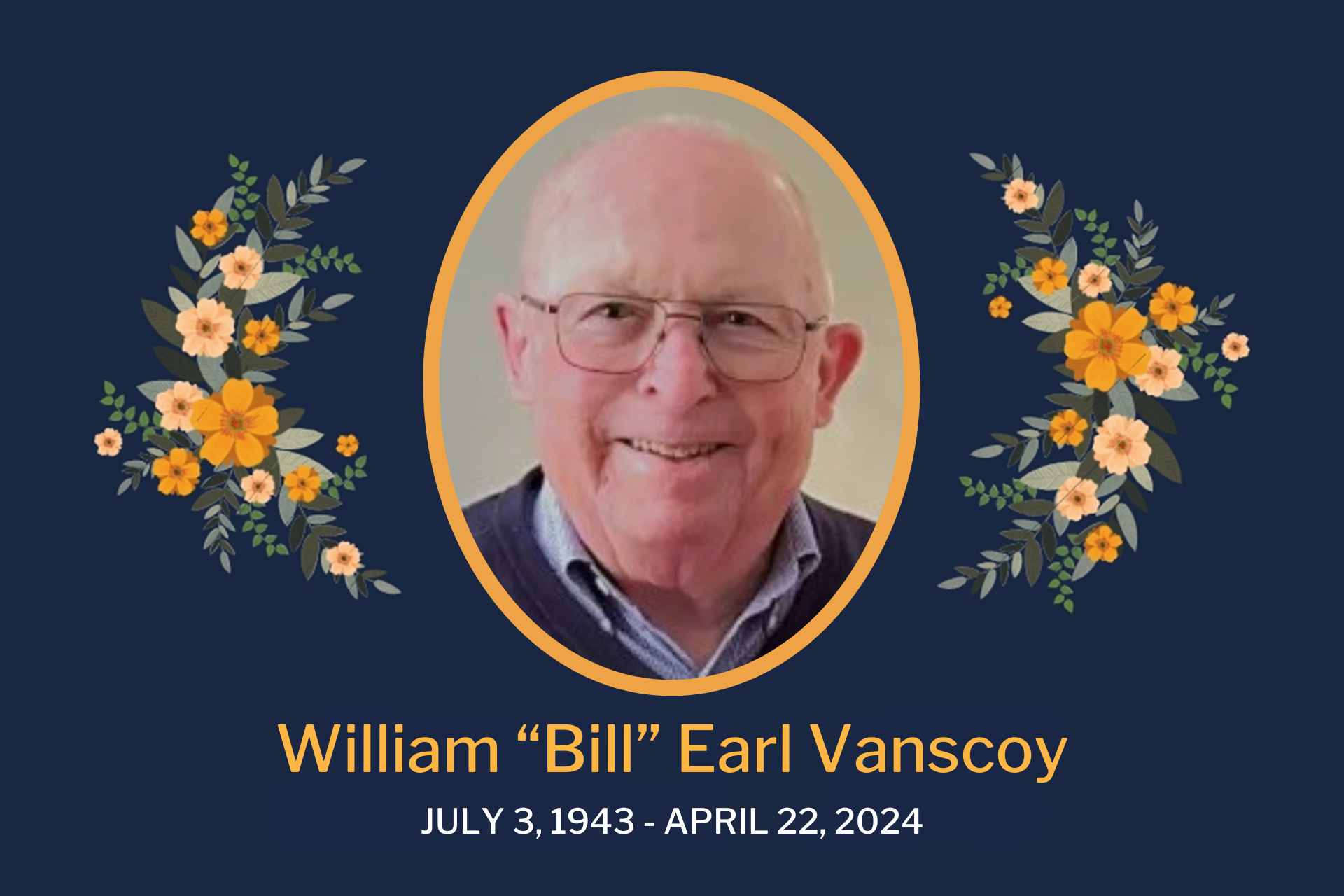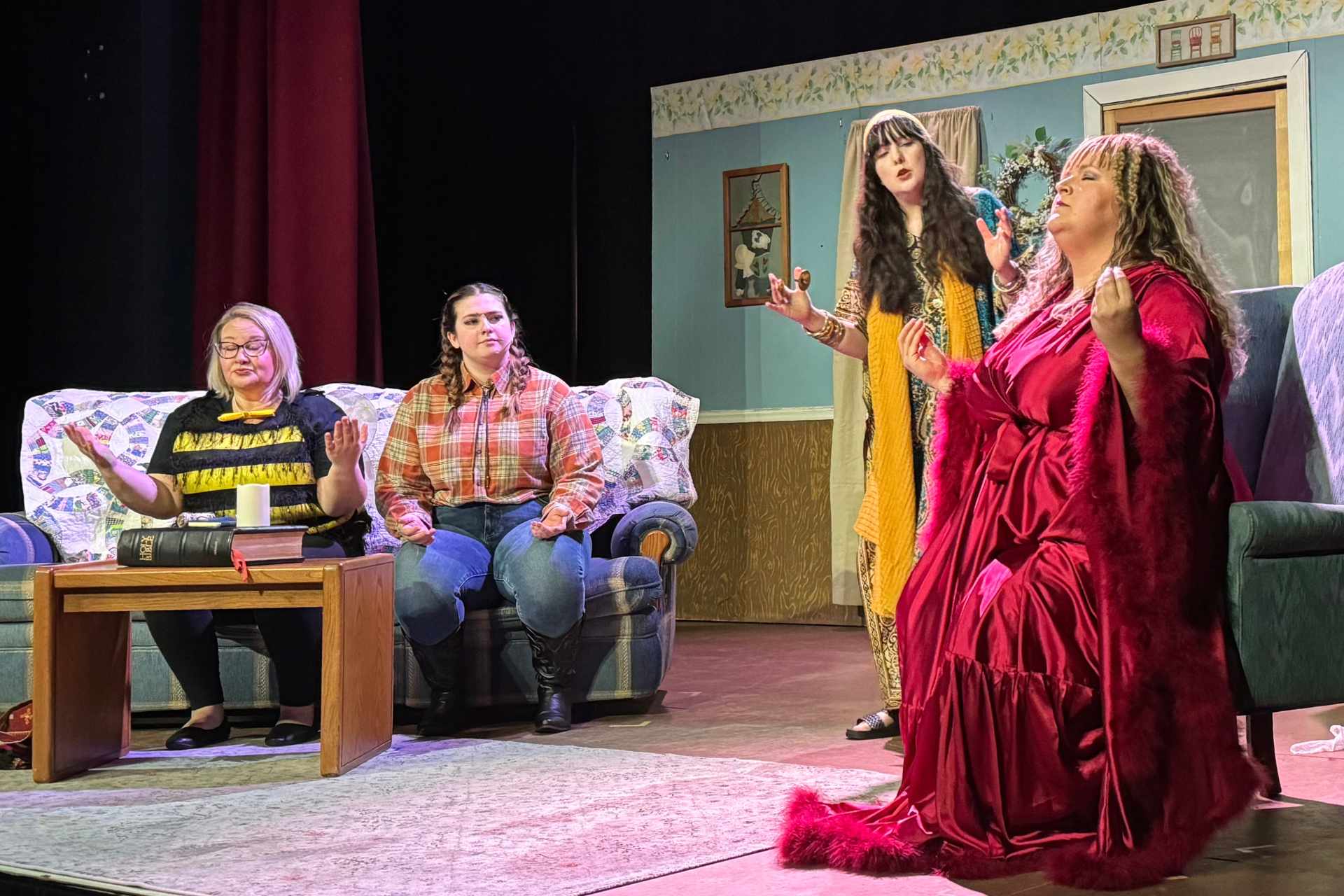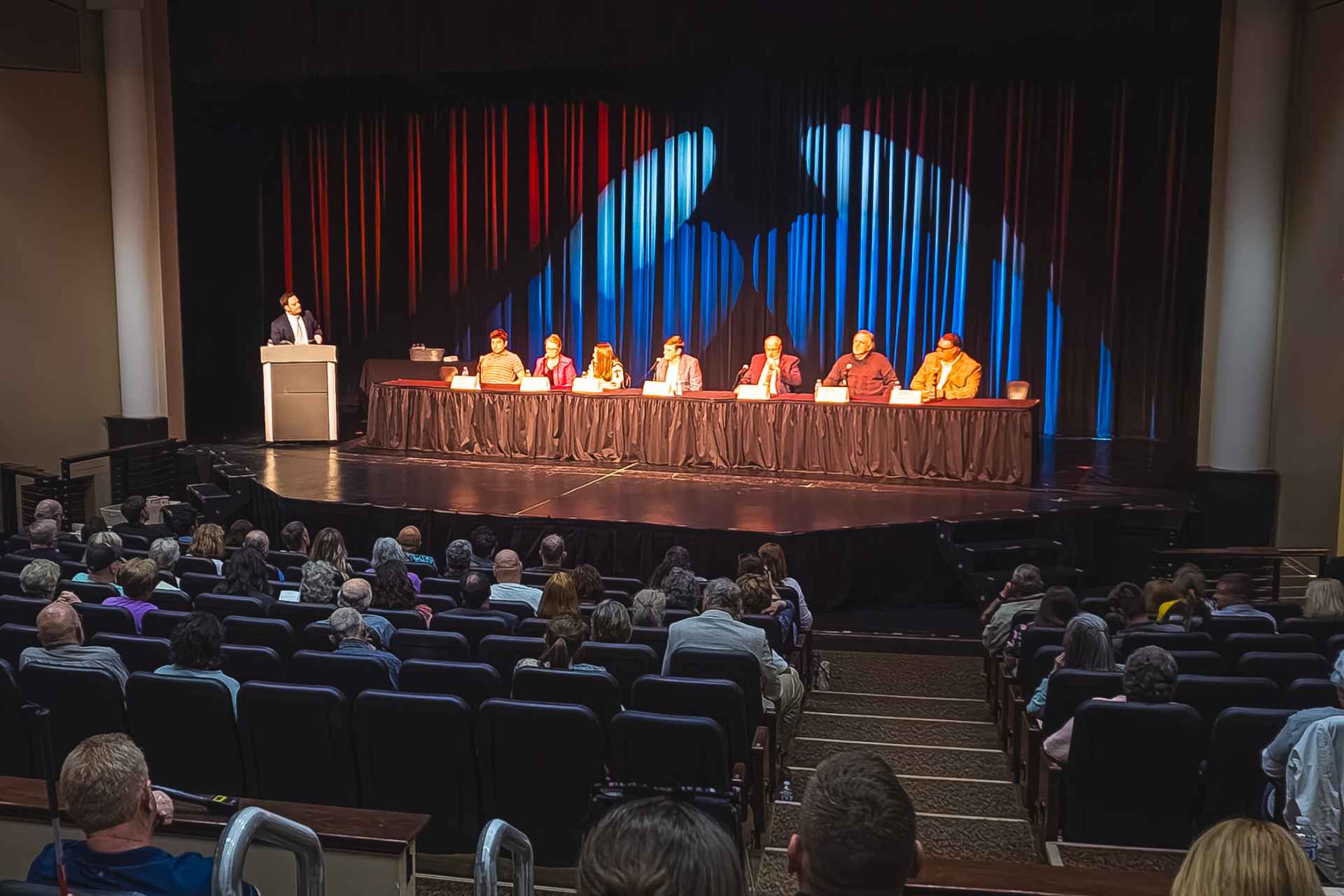View this column and other writings by Rev. Alicia Randolph Rapking, the director of the Upshur Parish House/Crosslines, on her blog, Prayers of My Heart.
On the day after the Presidential election, in 1960, three companions sat down with their 10 cent hamburgers at a Nashville restaurant. For these companions, this event was a sign: a sign of hope that the world in which they lived might recognize them as persons that could make a difference. Their sign of hope was soon shattered as another’s sign of hatred took over. A visibly distressed waitress, presumably, following orders from the owner, poured cleansing powder down the backs of these companions. Water was poured over their food, while the companions ate what they could of their meal.
Hours later one of the companions returned, with a friend. Their request was met with another sign. The restaurant was being cleared for emergency fumigation. The manager put a sign on the door and then locked the door and turned on a fumigating machine and exited the rear, leaving the two friends there in the restaurant amid the rising chemical spray.
The two friends, John Lewis and John Bevel endured for some time, with prayers and remembrances of Shadrach, Meshach, and Abednego in the fiery furnace. A news photographer came to snap pictures of the two gasping figures inside, apparently with no intention of saving them. Finally, a nervous manager returned with the door key, but the sign had already been posted for all to see: the fumigation dramatized that the manager believed African-Americans to be nothing more than insects and other vermin. It was a startling, yet negative sign, during a time of many signs.
I have lived through times of great change and transformation, bringing awareness to issues that separate people, that mistreat people, that deny people basic human rights. History has recorded that there have been many such times throughout the ages. Martin Luther challenged the corrupt power of the church with a sign, by writing 95 theses and nailing them to the church door in Wittenberg, calling people to debate and to change that would bring a deeper faith to all people. Mahatma Gandhi led his people on a non-violent march to the sea, a sign protesting the Salt Act, a particularly unfair tax. Thousands of Indians took part in the march which was one of the events that led to India’s independence from England. Dorothy Day, journalist and activist worked on behalf of the poor. Her sign was living and working among the poor, raising awareness of the plight of people who do not have enough and working to change systems that kept people poor.
There have been so many others who have given us signs, these three happen to be three of my favorites!
The passage from Luke 4 for the third Sunday of Epiphany, is the end of a series of stories about signs in Jesus’ life. These three stories could be called “Holy Spirit Stories,” because in each of them the Holy Spirit is present as a sign.
At Jesus’ baptism there is the Holy Spirit, descending upon him like a dove, a sign of who he is, a sign that this act is significant. And then the voice of God, “This is my beloved son, in whom I am pleased.” It wasn’t an ordinary moment in Jesus’ life. The presence of the Holy Spirit was a sign of significance.
After the baptism the second story in the series occurs. The Holy Spirit fills Jesus and leads him into the wilderness for testing as Jesus ponders and, through the testing, makes choices for his servant ministry.
And then the third story occurs as Jesus returns to Galilee and enters the synagogue. He is filled with the Holy Spirit, anointing him in for his ministry.
Luke implies that this moment is a keynote to the entire ministry of Jesus. Jesus stands in the synagogue and reads from the scroll of Isaiah the prophet:
The Spirit of the Lord is upon me,
because he has anointed me
to bring good news to the poor.
He has sent me to proclaim release to the captives
and recovery of sight to the blind,
to let the oppressed, go free,
to proclaim the year of the Lord’s favor. (Luke 4:18)
Luke implied that this reading was Jesus’ choice in order to emphasize the center of his ministry and to indicate what the heart of his Gospel would be able. The reading of this prophecy was a sign.
This is the plumb line of Jesus’ teaching. The implication is that if we decide to follow Jesus,
if we accept the mercy, grace, and salvation of Jesus Christ for our lives,
if we decide to study and follow the gospel,
then we need to keep coming back to this passage:
The Spirit of the Lord is upon me,
because he has anointed me
to bring good news to the poor.
He has sent me to proclaim release to the captives
and recovery of sight to the blind,
to let the oppressed, go free,
to proclaim the year of the Lord’s favor. (Luke 4:18)
For those who first heard these words from Isaiah, this moment in time was in the future. The prophet Isaiah was writing about a time to come, but when Jesus chose to read those words in the synagogue, it was a sign that the time had come,
That the time had come,
that the time was right then,
that good news would be proclaimed and
that the poor, the captive, the blind, the oppressed would be freed.
The ministry of Jesus would do this. The time of waiting was over.
Indeed, the Gospels tell the story of Jesus bringing good news and help to the poor. Those who were held captive in all situations were given freedom. Many, many were healed. Those who were oppressed were given hope and freedom. This was indeed the hallmark of Jesus’ ministry.
Currently, we live in times of great change and the transformation occurring seems to be creating great divides, giving permission to mistreat people and deny people basic human rights. It is as if there are many who would prefer for the heart of Jesus’ ministry to continue to remain in the future.
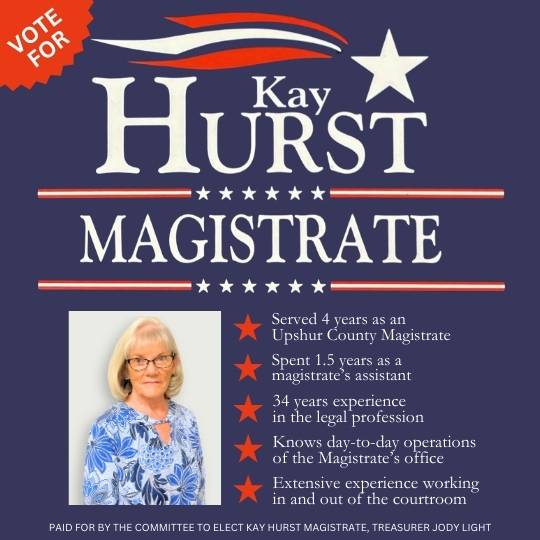
Our world is in trouble. People are poor and captive. People need healing and hope. Many, many throughout this world are oppressed. The proclamation of Jesus cannot be pushed back to the future. Like that moment in Galilee, the time is now for that same proclamation, made by the Body of Christ,
The church
You and me.
We are the Body of Christ, therefore:
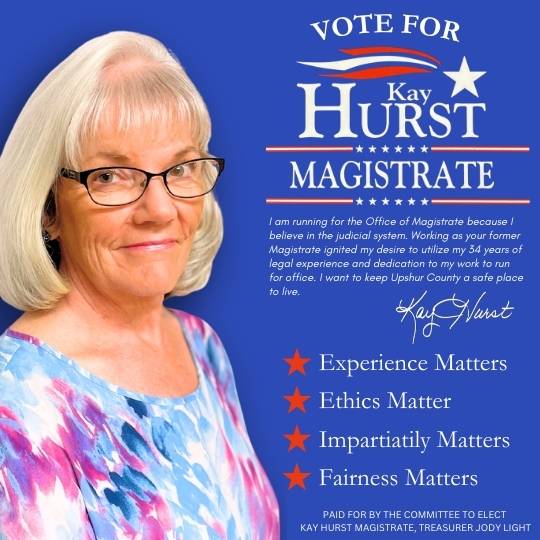
The Spirit of the Lord is upon us,
because he has anointed us–you and me
to bring good news to the poor.
He has sent us to proclaim release to the captives
and recovery of sight to the blind,
to let the oppressed, go free,
to proclaim the year of the Lord’s favor.
This moment for Jesus was a sign that his ministry had begun and it is now our sign that we are called to continue this proclamation and to make a difference in the lives of all people, because if we look carefully and deeply enough, we will find that we are all part of that group to receive that good news and release from our captivity and as the Body of Christ, this is our sign that we are part of this ministry of Jesus.
John Wesley encouraged the people called Methodists to participate in ministries that reflect the life-giving signs of Jesus for this world. Wesley was concerned for all aspects of people’s lives—body and soul. He was concerned about people in poverty, about health and working conditions, about distribution of wealth, about education, about slavery. The last letter Wesley wrote was written from his death bed to a man named William Wilberforce, who was working so diligently to abolish the slave trade in England—to bring freedom to those who were captive and oppressed, those who were poor and needed hope. Wesley’s words encouraged Wilberforce to continue to be the sign:
Unless God has raised you up for this very thing, you will be worn out by the opposition of men and devils. But if God be for you, who can be against you? Are all of them together stronger than God? O be not weary of well doing! Go on, in the name of God and in the power of his might, till even American slavery (the vilest that ever saw the sun) shall vanish away before it.
In 1972, the United Methodist Church adopted a statement of Social Principles that was based upon previous statements of our predecessor denominations, reaching all the way back to a social creed adopted by the Methodist Episcopal Church in 1908, which was written to express our outrage over the miserable lives of the millions of workers in factories, mines, mills, tenements and company towns.
Our social principles speak to our long history of concern for social justice.
Our statements have been revised several times and are currently in revision now, but these statements have always been statements that encourage all United Methodists to be signs of this new reality of God’s love, mercy, and justice for all people.
You and I are called to so much more than just imagining that day long ago as a good story and saying: “Well that was amazing!” We are called to see Jesus’ ministry as a sign, pointing to a new reality of love and mercy and grace for all people and we are called to enter into being a part of this new reality, of proclaiming release and hope and the acceptable year of the Lord.
We are called to be signs that point to the grace and mercy and love that Christ has for all people—all people.
Each day that we live is an opportunity to create a sign or be a sign or do something that is a sign for the grace and mercy and justice of Jesus Christ. Recently, our country and even people all around the world observed the birthday of Martin Luther King, Jr. Throughout his life and the lives of those who were with him in the struggle, including John Lewis and John Bevel, there were many signs for the world to see—signs that pointed to release for the captives and for justice for everyone no matter the creed, race, sex, or orientation.
Our world is broken, still in need of signs that point us to the saving grace of Jesus and to the ministry to which the Body of Christ—you and I—are called. You and I have the opportunities to be visible signs for this justice. What we say and what we do and how we say and do things can be visible signs that point others to love and mercy and grace and justice. Let us hope that our signs are not negative but, let us trust God that the Spirit that was upon Jesus, is also upon us and is leading us to be signs of hope and justice and hope for this world.
